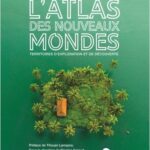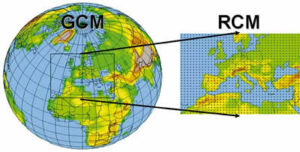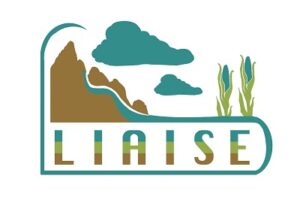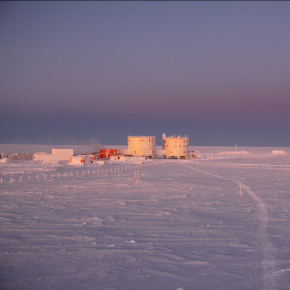Séminaire
From plankton images to marine ecosystem functioning: a tale of high throughput imaging, machine learning, and copepod ecology
Sakina-Dorothée Ayata présentera rapidement ses thèmes de recherches et la manière dont elle envisage son intégration au LOCEAN, avant de présenter plus en détail les travaux résumés ci-dessous.
Description
Zooplankton play a crucial role in the functioning of marine ecosystems and global biogeochemical cycles, contributing to carbon export and providing food to higher trophic levels. Imaging methods for plankton studies have multiplied and rapidly improved over the past decade. They have led to the production of massive amounts of images that are taxonomically classified and stored in easily accessible repositories and therefore particularly amenable to machine learning approaches. In addition, images of zooplankton give access to precious information at the individual level, called functional traits. Indeed, several functional traits are associated to morphological features (e.g. size, shape, lipid storage, color, etc.), hence allowing automatic detection and measurement from images.
In this presentation I will illustrate how plankton images and trait-based approaches can be combined to describe plankton communities and gain new insight on the impact of plankton diversity on ecosystem functioning. I will especially illustrate this using Zooscan images collected at two times series study sites, one in the Western Mediterranean Sea (Point B, Ligurian Sea) and the other one in the North-East Atlantic (BATS, Sargasso Sea) and UVP images collected in the Arctic during ice melting (GreenEdge campaign, Baffin Bay). I will then show how machine learning can be used to automatically detect morphological traits from images and present several perspectives of this work, including the use of satellite images, the exploration of genomics data, and the development of trait-based
models.
Informations supplémentaires
Connexion : https://global.gotomeeting.com/join/294549405





